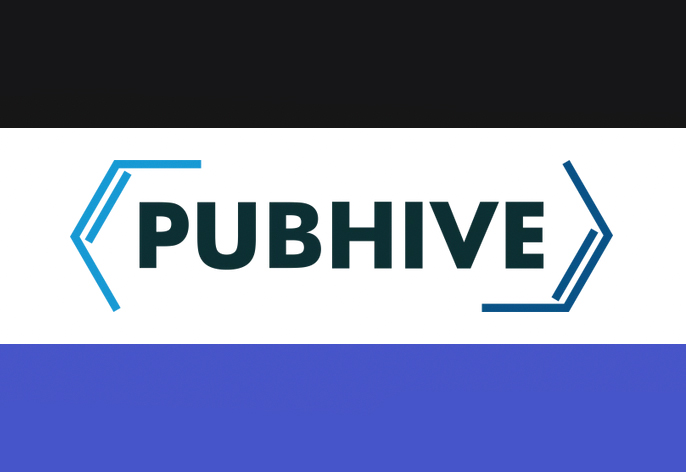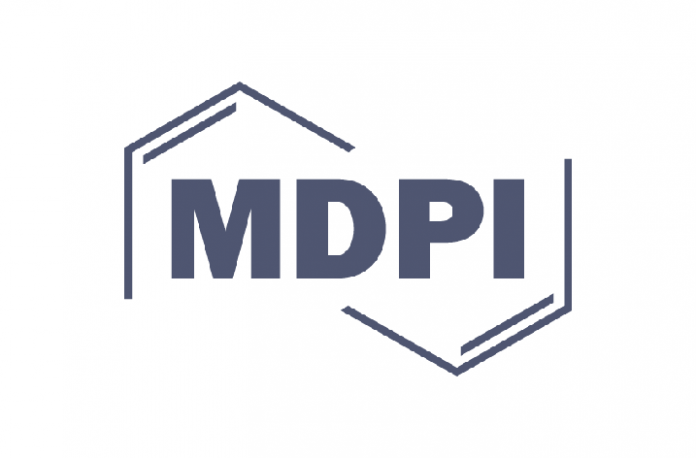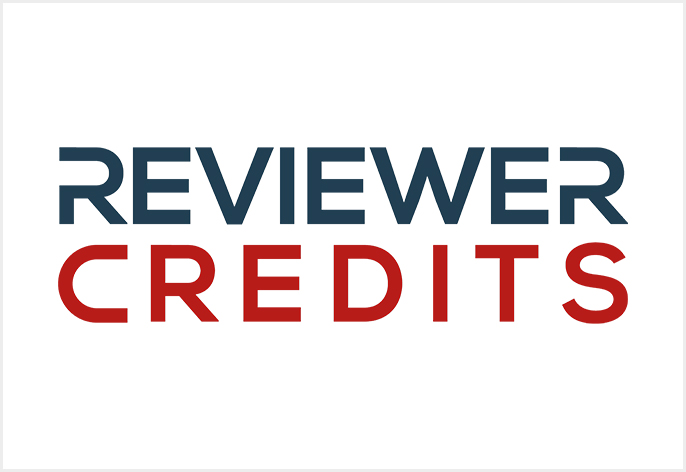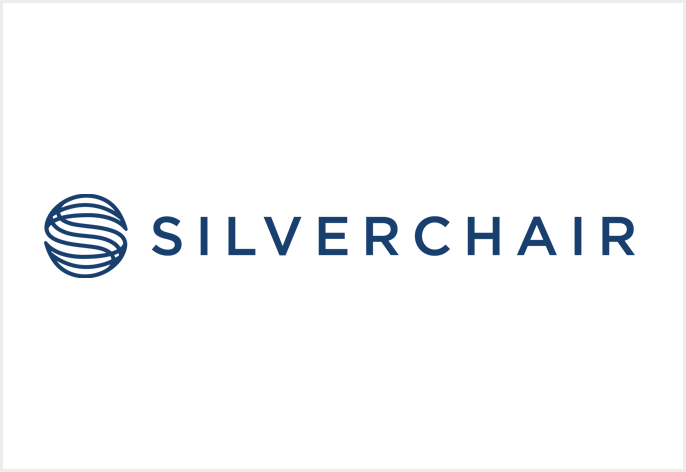Clarivate Plc, a leading global provider of transformative intelligence, today released The top 50 universities powering global innovation report which analyzes the critical role of research in shaping global industrial innovation and societal impact, using data and expert insights derived from academic research and patent citations. Drawing on a host of Clarivate data – from the Web of Science to Derwent World Patent Index, and Derwent Patents Citation Index – the report highlights how knowledge flows between academia and industry across countries and regions, underscoring the global nature of innovation. The study identifies the top 50 universities named on the academic papers that received the highest number of citations from patents granted to the companies and organizations on the Top 100 Global Innovators 2024 list.
Key findings include:
- The top 50 universities powering global innovation are distributed across eleven countries or regions – from Canada to South Korea
- U.S. universities such as Harvard, Stanford, and the Massachusetts Institute of Technology (MIT) dominate. Harvard leads with its high volume of research outputs, but MIT’s smaller, yet highly impactful publications highlight its exceptional ability to translate research into groundbreaking innovations
- Strong regional citation patterns emerge, with companies in Eastern Asia and Europe heavily relying on local academic research, while U.S. research is the most globally cited
- The United Kingdom demonstrates particularly diverse international influence, with its research often serving as a bridge across regions.
- Five organizations – Roche, Johnson & Johnson, Centre National de la Recherche Scientifique (CNRS), Samsung Electronics, and Siemens – account for over half (51%) of citations from top innovations to academic research
Professor Deborah Prentice, Vice-Chancellor, University of Cambridge, which is #6 on the list, said: “Cambridge has a thriving community of spin-outs, start-ups and partnerships that demonstrates how academia and industry can work together to transform ideas into real-world impact. The University is key to this, and we are developing hugely ambitious plans that will transform the UK economy and reinforce the UK’s status as a leader in global innovation.”
Gordon Rogers, report author and Senior Manager, Data Science at the Institute for Scientific Information at Clarivate, said: “Groundbreaking ideas driving the world’s most innovative companies often originate from academic research. Our report demonstrates that by fostering collaboration between academia and industry, we can fuel technological advancements, providing solutions to societal challenges in healthcare, sustainability, and economic development.”
Emmanuel Thiveaud, Senior Vice President, Research and Analytics at Clarivate said: “This paper represents the next step in our commitment to develop a responsible framework for evaluating the societal impact of research. The insights will inform our forthcoming Web of Science Research Intelligence platform, a transformational, academic AI-native solution that supports academic leaders in assessing research activities and outputs beyond traditional metrics.”
The report delivers valuable data-driven insights tailored to a diverse range of stakeholders, to help them identify opportunities and make informed decisions:
- University and research institution leaders looking to benchmark their impact on innovation and strengthen knowledge transfer strategies
- R&D and innovation executives seeking to forge productive academic partnerships
- Policy makers and funding bodies with a remit to understand how research investments translate into real-world impact and benefits
- Patent strategists analyzing which institutions drive high-value and impactful innovation.
The report is freely available to download on our website.

































